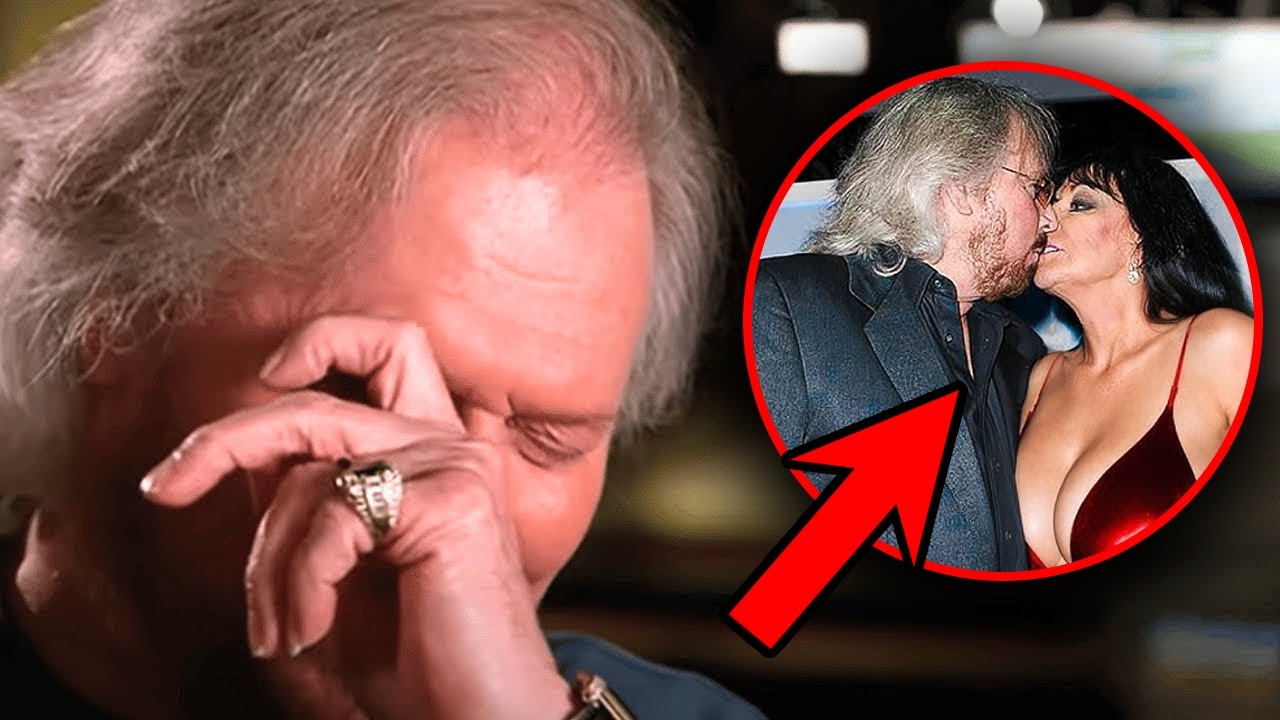
The Secret Legacy of Barry Gibb: Music, Trials, and Triumph
For decades, the world has known Barry Gibb as the falsetto-driven frontman of the Bee Gees, a group that skyrocketed to global fame and changed the landscape of pop and disco music. But behind the glitter, gold records, and Grammy wins lies a story far richer—and far more human—than most fans have ever known. From his humble beginnings on the Isle of Man to personal setbacks that nearly derailed his career, the real Barry Gibb is a portrait of courage, resilience, and enduring familial love.
Born in 1946 to Hugh and Barbara Gibb, Barry’s early life seemed ordinary, even turbulent. His father played drums at local hotels while his mother managed their growing family. A household accident at age two left Barry with severe burns, requiring a prolonged hospital stay that nearly cost him his life—a traumatic event that left not just physical scars but emotional ones as well. Yet even in those difficult early years, the seeds of resilience were sown.
In the mid-1950s, the Gibb family’s journey took them from Manchester to Australia. There, Barry and his younger twin brothers, Robin and Maurice, began performing under different group names, eventually settling on the now-legendary Bee Gees. By the early 1960s, Barry’s songwriting skills had matured, and his compositions began to draw attention, earning radio play and modest income for a family that often lived hand-to-mouth.
Their initial rise to stardom came swiftly. In just a few years, the Gibb brothers evolved from performing at school halls and speedways to signing management contracts with the same company that once represented The Beatles. Barry’s ability to craft songs like “To Love Somebody” and “Words” captured headlines and hearts alike. But it wasn’t all smooth sailing—internal rivalries began brewing, especially between Barry and Robin. The tension eventually led to a dramatic disbandment in 1969.
Even amid the internal struggles, Barry’s career took a monumental leap in the late 1970s. The Bee Gees’ soundtrack for Saturday Night Fever transformed disco into a global phenomenon. Barry’s soundtrack contributions, including chart-topping hits like “Stayin’ Alive” and “Night Fever,” not only defined the era but sold over 40 million copies. Despite their success, however, the Bee Gees faced cultural backlash as the “disco sucks” movement gained traction in the early ’80s.
Yet, it was Barry’s personal life that grounded him. His marriage to Linda Gray in 1970 was more than a love story—it was a stabilizing force. The couple raised five children together, and Barry often credits Linda with steering him away from the excesses that affected his brothers. Maurice battled alcoholism before turning his life around. Robin faced his own struggles, and younger brother Andy’s untimely passing at age 30 was a heart-wrenching loss that affected the entire family.
His son Stephen Gibb also endured a difficult path, including a period of addiction and homelessness. Today, Stephen plays guitar for Barry on tour and is living proof of the Gibb family’s resilience. Barry’s support of his son during these hard times mirrors the strength and unity that have always been central to his life.
In recent years, Barry has embraced his role as the patriarch of a musical dynasty. He recounted emotional stories of sensing the lingering presence of his late brothers, moments that brought comfort rather than fear. Perhaps what stands out most in Barry’s later years is his humility. Despite selling over 220 million records globally and amassing a net worth of $71 million, he remains reflective, even uncertain about whether the world truly appreciates the Bee Gees’ contributions.
Now residing in Miami, Barry has returned to the studio with renewed passion. His recent album revisits some of the Bee Gees’ most beloved songs, this time set to the twang of country, with guests like Dolly Parton and Alison Krauss adding a new shine to timeless classics. This project, he admits, was only made possible with the encouragement of his son Stephen—as always, it’s family that brings him back to the music.
The life of Barry Gibb is far more than a tale of showbiz success. It’s a story of overcoming tragedy, of maintaining artistic integrity during cultural shifts, and of holding fast to the people who matter most. At 77, Barry is the sole surviving Bee Gee—but he carries the memories, the melodies, and the magic of his brothers with him, ensuring the legacy of the Bee Gees continues for generations to come.
Video
Barry Gibb’s Son Confesses—The Hidden Truth We’ve All Wondered About! – YouTube
